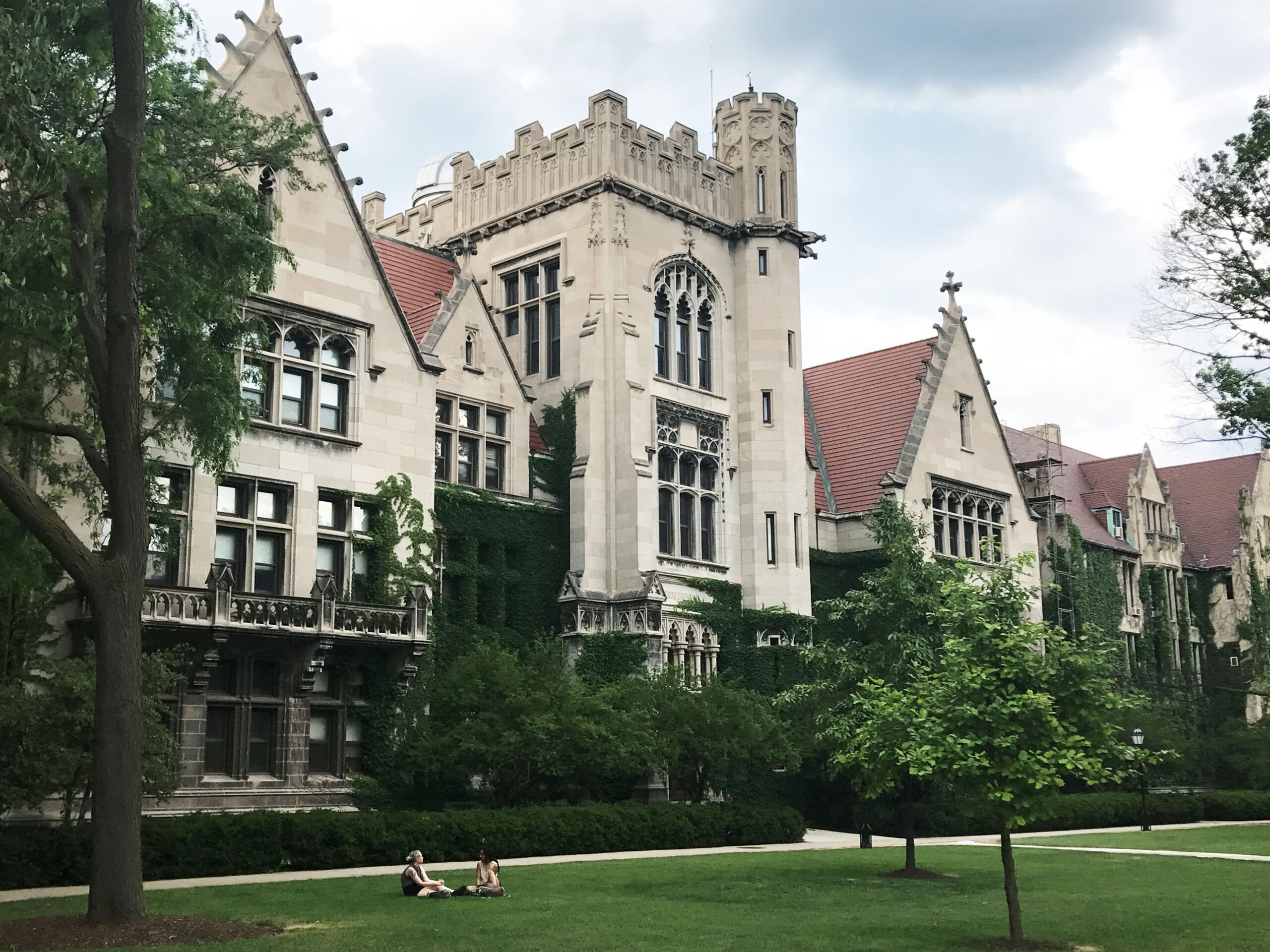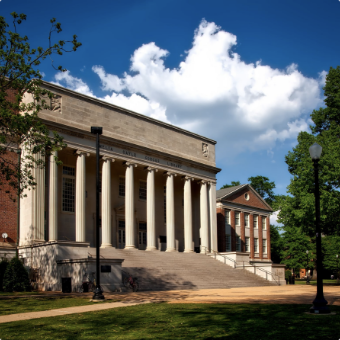Intellectual Diversity
Introduction Self-censorship and intolerance among college students are pervasive problems on American campuses. The following report, based on a survey of 284 unde…


ACTA believes that the free exchange of ideas is the lifeblood of a vibrant democracy. The college campus must serve as an open forum where students, professors, and the community can come together across ideological divides to pursue truth and strengthen our country’s free institutions. ACTA is working to reverse the erosion of civil discourse and the suppression of free speech that afflict so many of our colleges and universities and jeopardize the future of our free society.
Download this Roadmap to Free ExpressionCollege leaders are applauding the dynamic partnership that ACTA has forged with Braver Angels and the student group BridgeUSA to launch a civil debates program on college campuses nationwide. Through parliamentary-style debates, classroom workshops, and freshman orientation programs, students learn how to discuss topics that are typically divisive in a spirit of civility and gain a greater appreciation for their ideological opponents.

Violations of freedom of expression are surging on America’s college campuses. ACTA is providing colleges and universities with concrete steps to reverse this trend and affirm their commitment to civil discourse and academic freedom. ACTA’s Gold Standard for Freedom of Expression is a blueprint for building a positive open campus culture for generations to come.

The Chicago Principles articulate the importance of free expression as an essential feature of the university. They commit the university to allowing the widest possible range of ideas to be spoken and heard, even those that are considered wrong or offensive by many. They stress that the members and guests of the university must not be prevented from expressing their views.

Institutional neutrality preserves campus freedom of expression and intellectual diversity. When a university remains neutral and abstains from declaring a collective opinion on political and social issues, it frees students and faculty to develop and articulate their own individual ideas and opinions.
The Independent Florida Alligator | January 12, 2026 by Alexa Ryan
The UF Board of Trustees unanimously passed a policy Dec. 5 limiting faculty and staff from using university communication, like email systems, to share their opinions on issues that “polarize society.” UF is only the latest school to adopt such a policy. Although “statement neutrality” was origi…
The Baltimore Banner | January 8, 2026 by Ellie Wolfe
The flagship university said its president was vindicated but won’t share the details On the last Friday evening of fall classes, the University System of Maryland released a one-page letter announcing the president of its flagship campus was cleared of allegations he plagiarized portions of a pa…
December 18, 2025
There are certain truths of American political life that antedate even the Founding and are as important for our age as they were for ages past. Among these are that demagogues hold most sway over the ignorant, that a free people must be an informed people, and that representative democracy requi…
We have the best university system in the world, but it is threatened by the narrowing of thought on these campuses. But for ACTA, it would be far worse. I commend you for the work you do.
The Honorable Jeb Bush

ACTA carefully surveys students on issues of academic freedom and intellectual diversity using nationally recognized polling organizations. These studies, on both a national and state level, show an alarmingly high percentage of students who believe they must agree with their professors to get a good grade and who find the classroom a place of political indoctrination.

Strong policies that protect free expression create a ripple effect across the entire campus. And fortunately for trustees and other university leaders, forming and implementing these polices is not uncharted territory. ACTA has been a leader in advocating for the adoption of the Chicago Principles on Freedom of Expression or similar policies on college campuses. Written in the 2014-15 academic year by the University of Chicago, the Chicago Principles represent the gold standard for an institutional commitment to free speech. To date, over 72 institutions of higher learning have followed Chicago’s lead.

ACTA provides trustees with the tools they need to understand academic freedom and to take positive actions to protect and foster it. Our original research, including Guarding the Freedom to Speak, Freedom to Hear and Building a Culture of Free Expression on the American College Campus, educates trustees and university officials on today’s most prominent threats to academic freedom and provides tried-and-tested methods that have enabled colleges and universities to protect free speech on their campuses. Our landmark publication, Free to Teach, Free to Learn, Understanding and Maintaining Academic Freedom in Higher Education, reports on the dangerous decline of intellectual diversity on college campuses and features key documents that shaped the modern concept of academic freedom, coupled with commentary from a wide and bipartisan roster of distinguished educators, attorneys, and policymakers.

ACTA believes that the most powerful lines of defense standing between the preservation of academic freedom and the proliferation of ideological homogeneity on campus are faculty and administrators who challenge students with new ideas and urge them to offer contrasting views. Our Heroes of Intellectual Freedom initiative celebrates the courageous university personnel who refuse to toe the line of speech codes and safe spaces. The stand these leaders make matters. They show students how to engage in robust dialogue with civility but without fear.

Despite reports of angry campus protests that make headlines, ACTA knows that the majority of students are hungry for close collaboration with each other and to understand the motivations of those who hold contrasting viewpoints. Through our partnership with the grassroots organization, Braver Angels, ACTA empowers university student groups to hold parliamentary style debates so that every member of the campus community can experience this type of passionate exchange. With ACTA’s assistance, students learn how to hold a civil discussion with each other by listening and asking genuine questions and cultivate the virtues of patience, self-awareness, and empathy that result from forming a friendship across political and ideological divides.
Launched in 1995, we are the only organization that works with alumni, donors, trustees, and education leaders across the United States to support liberal arts education, uphold high academic standards, safeguard the free exchange of ideas on campus, and ensure that the next generation receives an intellectually rich, high-quality college education at an affordable price.
Discover MoreSign up to receive updates on the most pressing issues facing our college campuses.